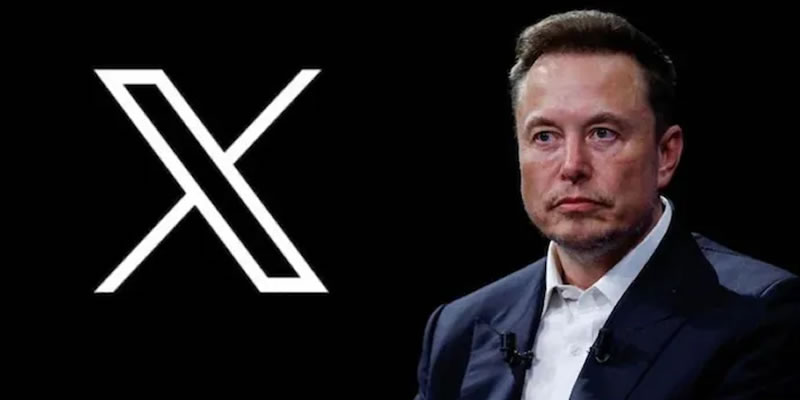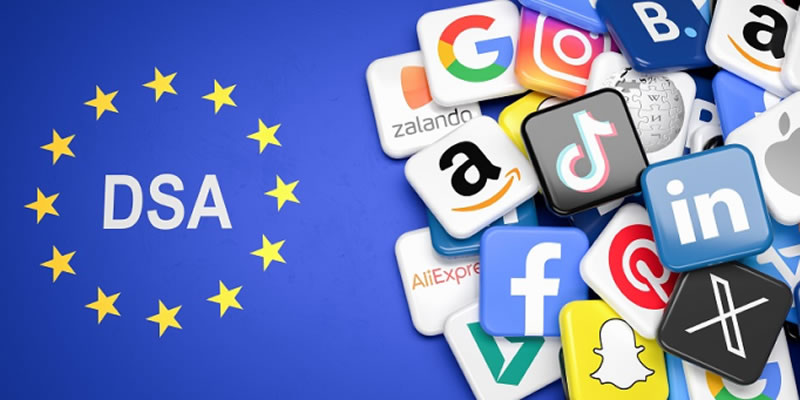Businesses in the European Union may be preparing to impose a huge penalty against Musk's social media platform there, perhaps as much as $1 billion, for violations of the Digital Services Act (DSA). This would rattle the tech world and deepen tensions between the United States and the European Union. More to the point, the move signals the EU's willingness to stand its ground on digital regulations- American tech giants notwithstanding.

Investigations Sparked by Content Moderation Failures
The European Commission initiated a formal investigation into X's conduct regarding disseminating harmful and misleading content in 2023. The investigation was triggered by several changes to content moderation policies following Musk's acquisition of the platform. These changes included curtailing free expression and wrenching power from moderation. Nevertheless, European officials contended that these adaptations enhanced the spread of disinformation and illegal materials, especially in trick cases of geopolitical relevance.
That, according to the Commission, constitutes a serious breach of DSA due diligence expectations on the part of X regarding illegal content concerning its acts, such as the attacks by Hamas on Israel. Unlike the other platforms that took more stringent measures, X was lenient and ineffective in tackling these issues. Besides, the regulators found the Community Notes system, an ad hoc means of crowdsourced counter-disinformation, unconvincing against false narratives. It thus appears that the Commission's path to imposing penalties rests on the view that legal obligations have been violated.
Wider Ramifications for US-EU Relations
If imposed, it will certainly be in the money, but also in the potential fallout politically, as this fine is much larger than any imposed upon platforms such as Meta and TikTok. However, the tension is not limited to digital policy. The government of the United States has already found the voices to speak up against the alleged unfairness in the treatment of American firms. Very recently, elements of the U.S. government at the highest levels, including the chairman of the FCC, have lined up to oppose the DSA because they see antithetical provisions for free speech in the United States.
In addition, Vice President JD Vance and former President Donald Trump have had their complaints regarding an avalanche of digital regulations from Europe, not limited to the tech sector, on emerging areas such as artificial intelligence. On the other hand, European officials argue that regulations are key to shielding democratic societies from manipulation and damage. The fine against X, on the contrary, can directly provoke retaliation, especially given Trump's known close ties to Elon Musk. After all, Trump has never been shy about threatening tariffs or trade barriers in response to what he sees as economic aggression.

Financial Strain and Legal Countermeasures
The aspect of X's financial health adds more confusion to the already clouded picture. Its advertising revenues have dropped significantly since Musk took over the reins, raising questions about the sustainability of the entire platform. While X recently merged with Musk's AI startup xAI, the company is in no position to take such a huge fine. Whatever the outcome, this fine can cripple it in terms of possible investment amounts for platform development and operational costs.
However, Musk and his legal team will not take it lying down. X has already indicated that it would fight this ruling in court, as it claims the platform complies with European laws. On the other hand, the EU regulators argue that the execution of the DSA is extremely important to achieve accountability in the digital ecosystem. Yet, if Musk can secure the backing of Trump, a possible trade war with Europe is on the horizon, causing the fight to extend beyond the courtroom and into international diplomacy.
A Defining Moment for Tech Regulation and Geopolitics
The case might serve as a precedent for determining how global tech giants can be held accountable for their actions in the context of regional law. The DSA was to make the digital realm more transparent and safer; its application, however, is now testing the practical limits of transatlantic cooperation. Whatever the outcome, this case is monumental. It is not just Musk's credibility that is in question; the whole weight of the DSA now faces its most serious challenge.
To sum up, the EU's decision to try and find X may trigger a domino effect in the world views of digital governance. Above all, it will test whether regional law can stand its ground against powerful global corporations and whether political alliances can override regulatory justice.































